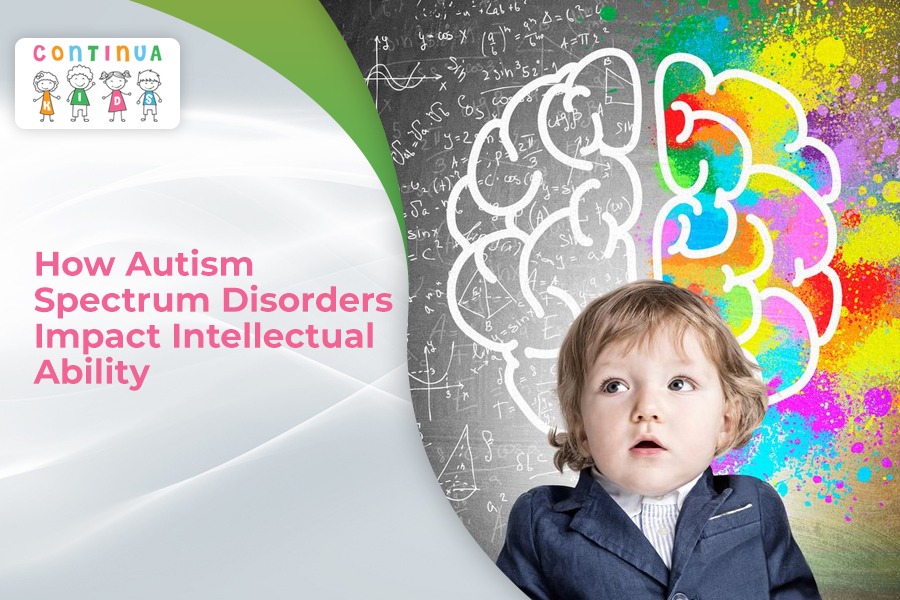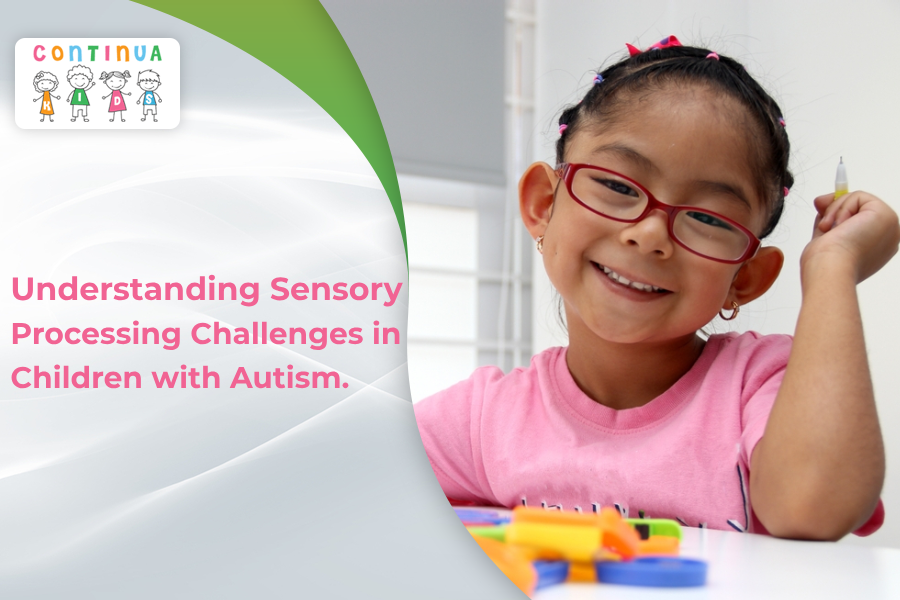Recent developments in neurodevelopment (brain science) are also emphasizing the importance of early social contact and experiences for intellectual development in individuals with ASD. We\’ll demonstrate how intellectual ability is impacted by autism spectrum conditions in this article. Let\’s start by discussing what ASD and intellectual disabilities are.
Autism Spectrum Disorder (intro)
When their is a variation in brain that causes some developmental disability, it is known as autism spectrum disorder(ASD). Some ASD patients have distinguishing characteristics, like a genetic condition. It is believed that ASD is caused by several underlying factors that work together to change how people generally grow.
Intellectual difficulties and limited spoken language are typical characteristics of people with severe autism. High-functioning autism patients have IQs that are ordinary or above normal, but they have trouble reading body language and other subtle forms of communication. Many people with autism struggle socially, exhibit repetitive behaviors, and have restricted interests.
Autism affects how information is processed in the brains of autistic individuals. Autism, for instance, exhibits less coordinated activity throughout the entire brain. It is still not very clear how does autism affect specific regions of the brain and their functionality.
Intellectual Disability
Problems with general mental abilities that impair functioning in two areas are known as intellectual disabilities, Adaptive functioning, intellectual functioning (including learning, problem-solving, and judgment), and (activities of daily life such as communication and independent living).
Additionally, deficiencies in intelligence and adaptability start early in the embryonic stage.
One percent of the population has an intellectual disability, and of those, 85% have a mild disability. Diagnosis of intellectual disability is more common in males than females.
Intellectual ability of people with Autism Spectrum Disorder
Although an intellectual disability indeed has one definition, people with autism spectrum disorder (ASD) only experience a small number of intellectual disabilities.
Effects of ASD on cognitive and language skills
According to data from a survey, among children with ASD, 44% had IQs that were in the average range (i.e., IQs of 80 or higher), 24% were in the borderline range (IQs of 70 to 84), and 32% had intellectual disabilities (IQ scores of less than 70).
Although language acquisition is typically delayed, about 70% of people with ASD develop some speech, and over 40% of them—usually those with higher IQs and fewer severe autism symptoms—achieve fluent speech. Verbal skills are typically more severely impaired than non-verbal skills.
However, language comprehension generally performs worse than expressive language, especially when it comes to more sophisticated or abstract language. This can cause issues because many people with ASD have a relatively good spoken vocabulary, which can be deceptive about how competent and understanding they are.
Is your child suffering from autism spectrum disorders and is it impacting their intellectual ability? Get in touch with the expert doctors and peaditricians at Continua Kids for the best care and treatment for your child.




